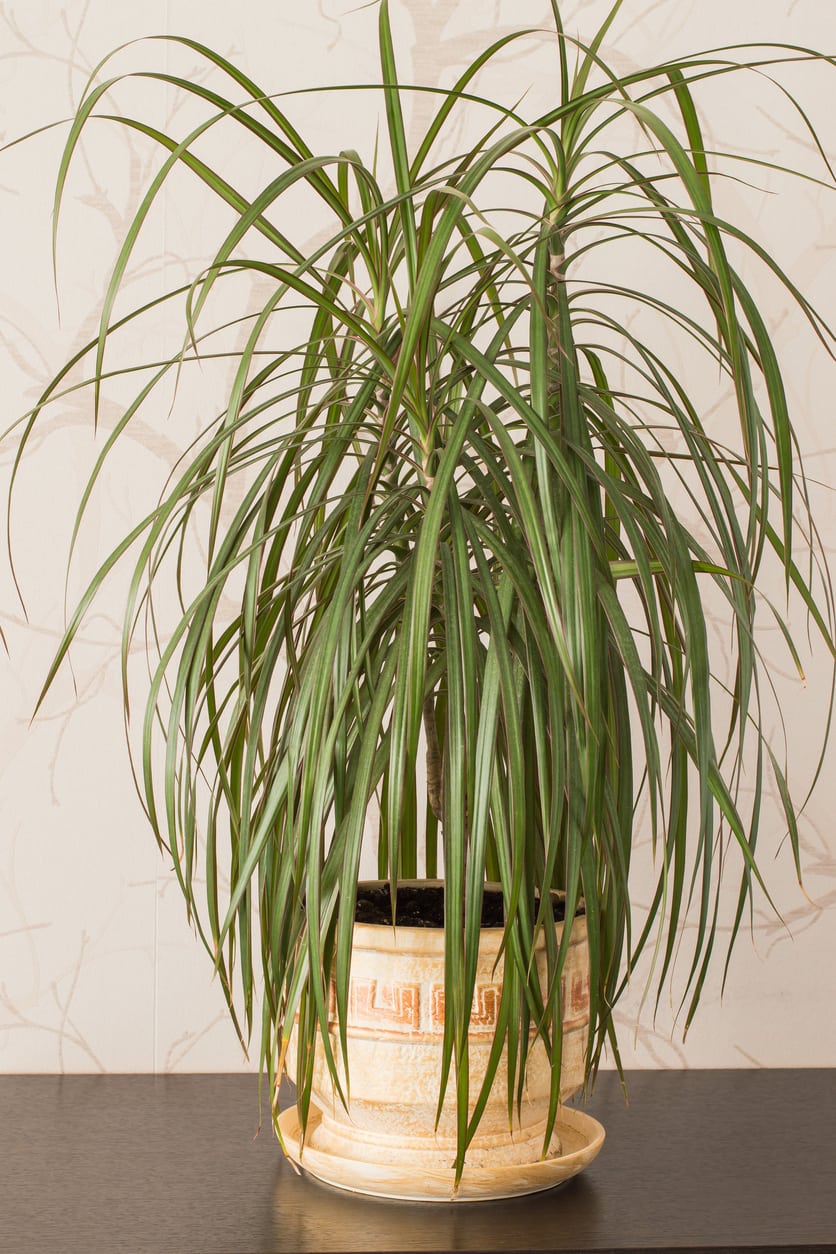
Spiky House Plants Names imghobo
Yucca is a popular succulent that is often used for its ornamental value. It can also tolerate neglect and thrive in low-light conditions. 8. Agave. Agave is a spiky indoor plant that is native to America. It can grow up to 8 feet tall and has long, thin leaves that are green in color with white or yellow spots. 9.

Spiky House Plants Names imghobo
The Aloe genus has over 500 species of perennial succulents. Most species have thick succulent spiky leaves growing in rosettes. Aloes vary in size and are popular ornamental house plants. These spiky plants should be placed in a south or west window where they can get at least six hours of sun. They grow best in full sun or bright, indirect light.

26 Exceptional Things Audubon House And Tropical Gardens Front yard
Aloe Vera is very low-maintenance and drought-tolerant as well. 3. Holly Plant (Ilex Spp.) Holly plants have beautiful evergreen leaves and red fruit that are universally accepted as a Christmas symbol. They are often used as hedging plants to protect with their spiky leaves.

Skinny Leaves On Plants Information About Leaves That Are Long And Thin
Spiky plants come in many shapes and sizes. More-compact growers, such as prickly pear cactus (Opuntia phaeacantha, Zones 6-11), are well suited for small plantings and work well in groupings.Photo: Jennifer Benner Garden beacons lead the way. When sited at the end of a path, giant yucca (Yucca elephantipes 'Variegata', Zone 11) draws in visitors and provides a hint of mystery as it.
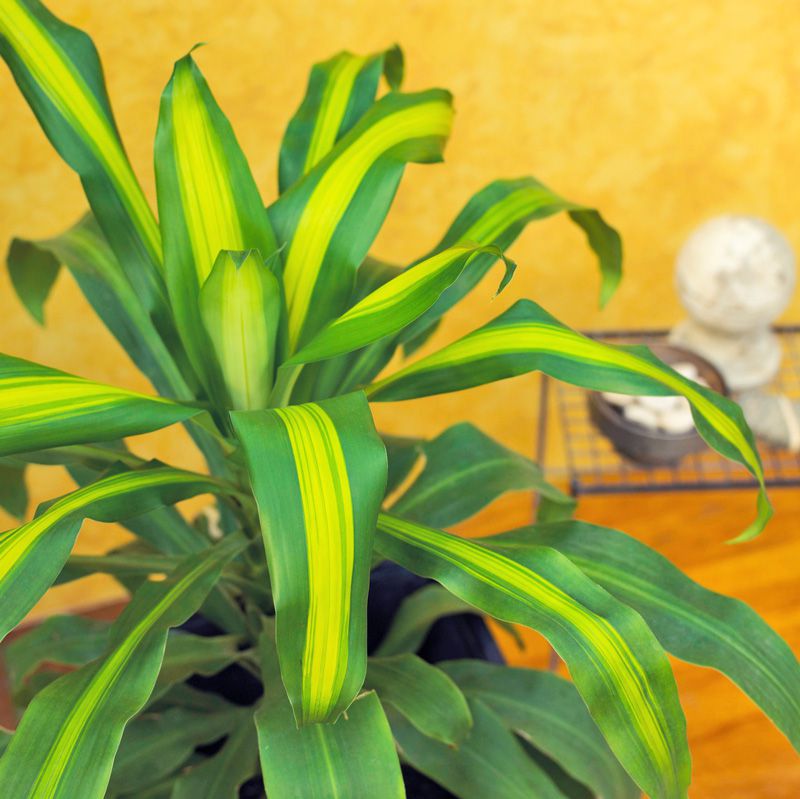
Spiky House Plants Names imghobo
3. Yucca. Yucca is a type of plant that is native to the deserts of the southwestern United States. It is a popular choice for a houseplant because it is very easy to care for and can thrive in almost any type of environment. Yucca plants have long, sharp leaves that can be used as a natural defense against pests.

The spiky fronds of sago palm have an unmistakable look. Not actually a
The 10 Best Spiky Plants for Your Home: This blog post sports a collection of the best spiky house plants we have come across. These posh greens have a subtle flare and are also sharp enough to ward off unwelcomed visitors! 1. Agaves; Yummy Goodness. You might recognize this one by its long, spiked-shaped leaves.
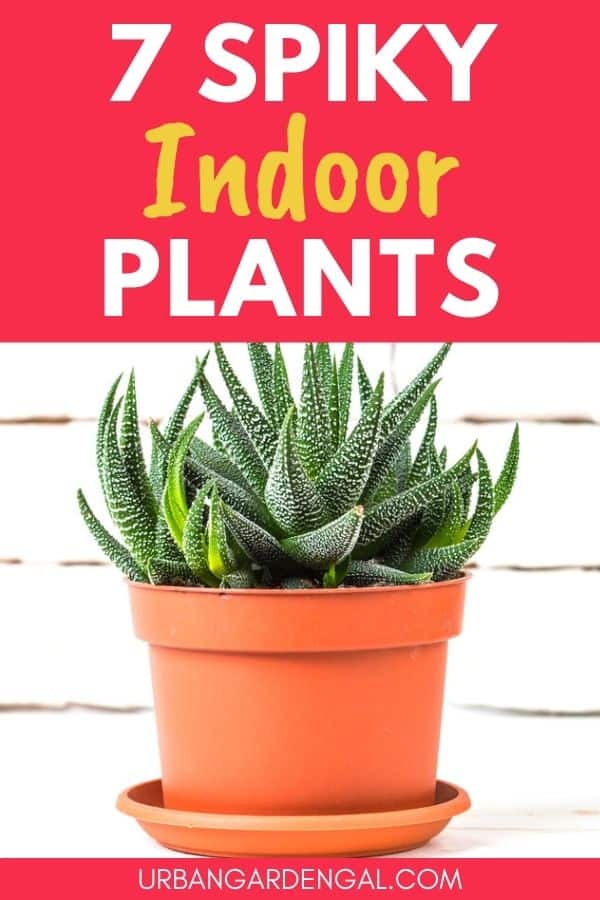
7 Beautiful Spiky Houseplants Urban Garden Gal
2. Cacti. Cacti are very low maintenance houseplants that grow best with dry air and lots of sunlight. The African milk tree is an interesting cactus with tall spiky stems that can reach 4 feet (120 cm) tall.. I also like the pincushion cactus, which is round with lots of prickly spines.In spring they produce beautiful pink or yellow flowers.

Spiky House Plants Names
All containers need a "thriller," or an upright plant that provides height and anchors the design. Spiky plants like this Prince Tut™ Egyptian papyrus add much-needed texture while fulfilling this purpose. Photo: Proven Winners. The formula for creating wonderful containers doesn't need to be difficult.
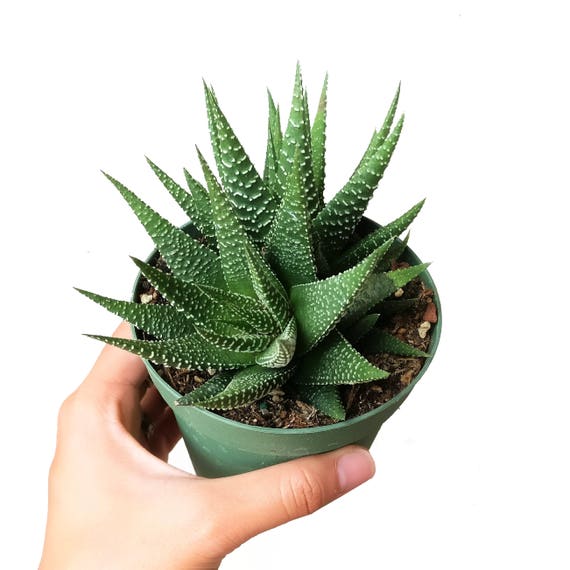
Haworthia Zebra Plant White Stripe Aloe Spiky Indoor Plant
Spiky plants can attract a variety of pests, including mealybugs, spider mites, and scale insects. These pests can damage the plant and cause it to become weak and unhealthy. To prevent pest infestations, make sure to regularly inspect your plants for signs of pests and remove any affected leaves or branches. You can also use natural pest.
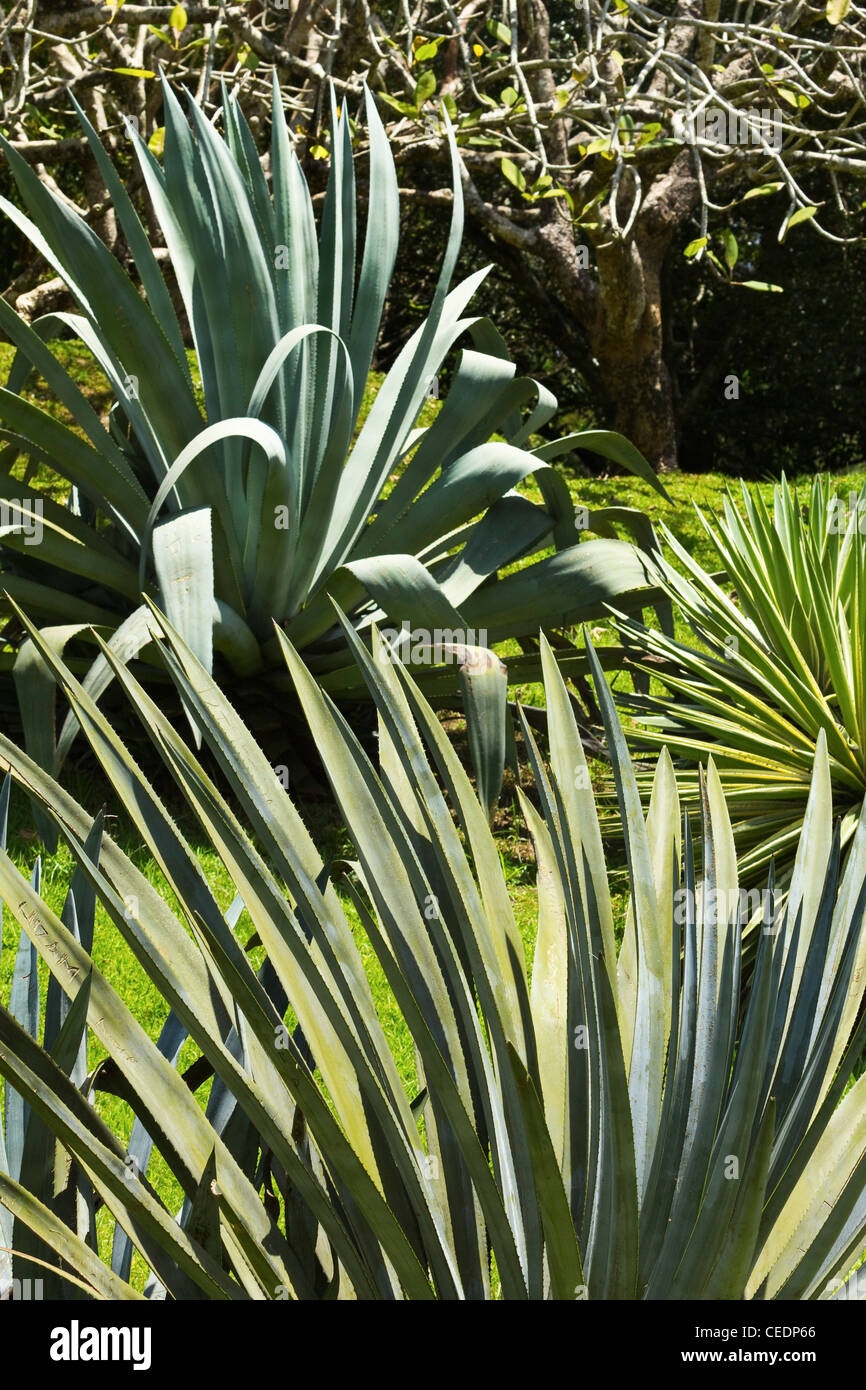
Succulent plants with spiky leaves in the 60 hectare Royal Botanic
Mexico and Texas. Growth rate: slow to moderate growth rate. Size: 6 feet (1.8 m) tall and 8-10 feet (2.4-3 m) wide. Toxicity: toxic. Even though the sap of this agave plant is poisonous because of the calcium oxalate in their foliage, you can still enjoy their large spiny leaves with just a little bit of precaution.
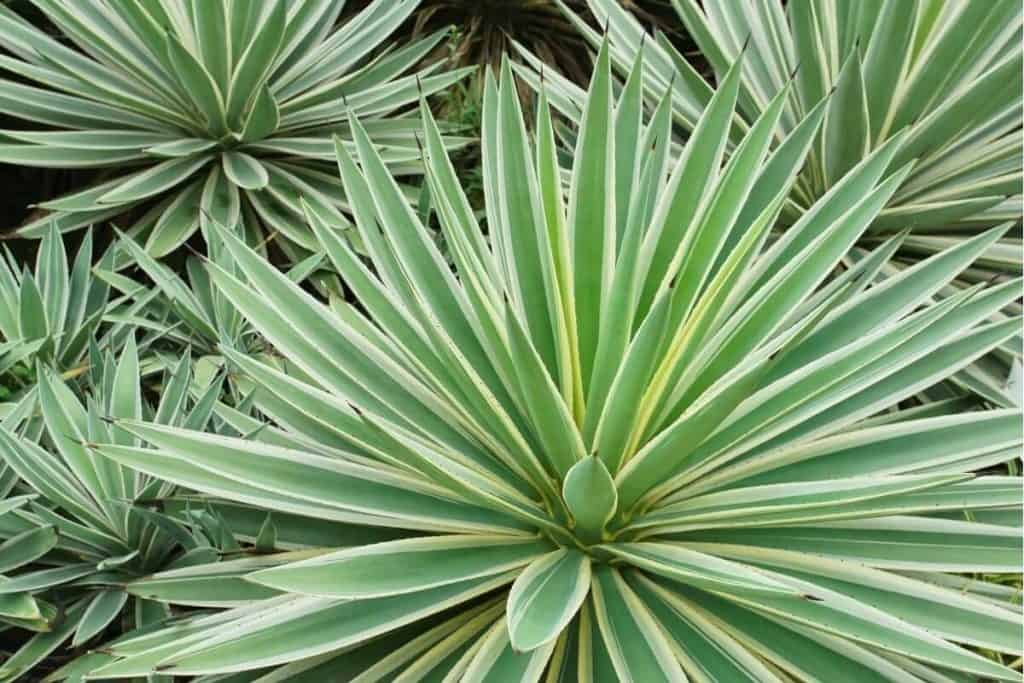
Plants With Spiky Leaves Enhancing Your Landscape and Ensuring
6 Best spiky plants to create dense foliage and defend your house! People have long used spiky plants as an effective barrier to prevent their homes from intruders or wild animals. You can strategically plant thorny or spiky houseplants, or even a full dense green hedge to secure your premises or yard without compromising the look of your.

Spiky plant Home Pinterest
Snake Plant. Snake plants (Dracaena trifasciata) go by many names, such as Saint George's Sword and Mother-In-Law's Tongue. Although all plants purify the air, and spiky plants are particularly good at it, snake plants may be the best. They have been shown to absorb pollutants that cause cancer, such as benzene and xylene.

identification Identify this spiky plant Gardening & Landscaping
Water your spiky houseplant when the top inch of the soil is dry. Allow the plant to drain after watering and do not let it sit in water. Fertilize your spiky houseplant every two weeks during the growing season. Use a balanced, all-purpose fertilizer and follow the instructions on the package.

1Gallon Dracaena Marginata in Plastic Pot (L20958hp) in the House
Selecting the cutting: Choose a healthy stem with robust foliage.Make sure the stem is free from any signs of plant diseases or pests. Making the cut: With a clean, sharp knife or pruning shears, cut a segment of the stem, ideally about 4 to 6 inches (10 to 15 cm) long.Ensure the cutting has at least two to three leaf nodes, as roots will develop from these points.
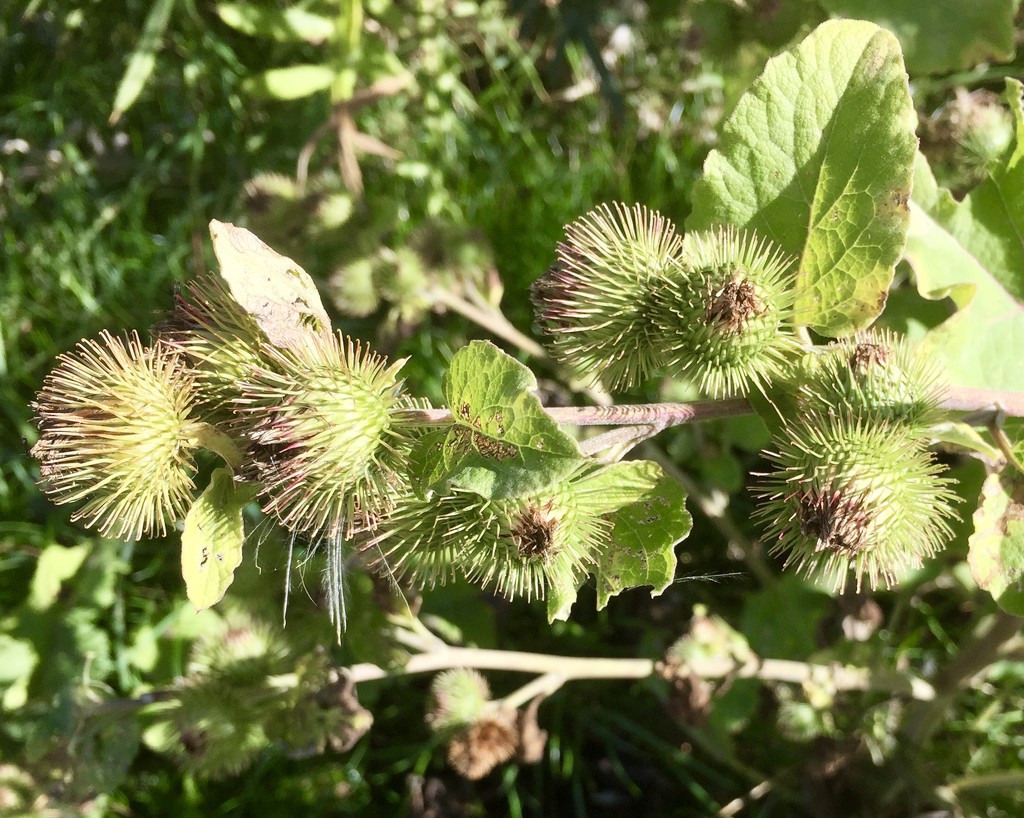
Spiky plant by Pam Knowler · 365 Project
1. Yucca. Botanical Name: Yucca. The leaves of Yucca plants are usually long and narrow, with pointed tips and sharp, serrated edges. This spiky plant grows in a rosette pattern, radiating out from a central stem, and can range in color from green to blue-gray. 2. Dragon Tree.

Designing with Spiky Plants FineGardening
4. Haworthia (Haworthia attenuata) Haworthia is one of the best plants that have spiky leaves. They are small succulents that possess tightly packed spiky leaves. These beautiful plants can only grow between 3 to 5 inches tall. In other words, they are the ideal plants for desks or windowsills.